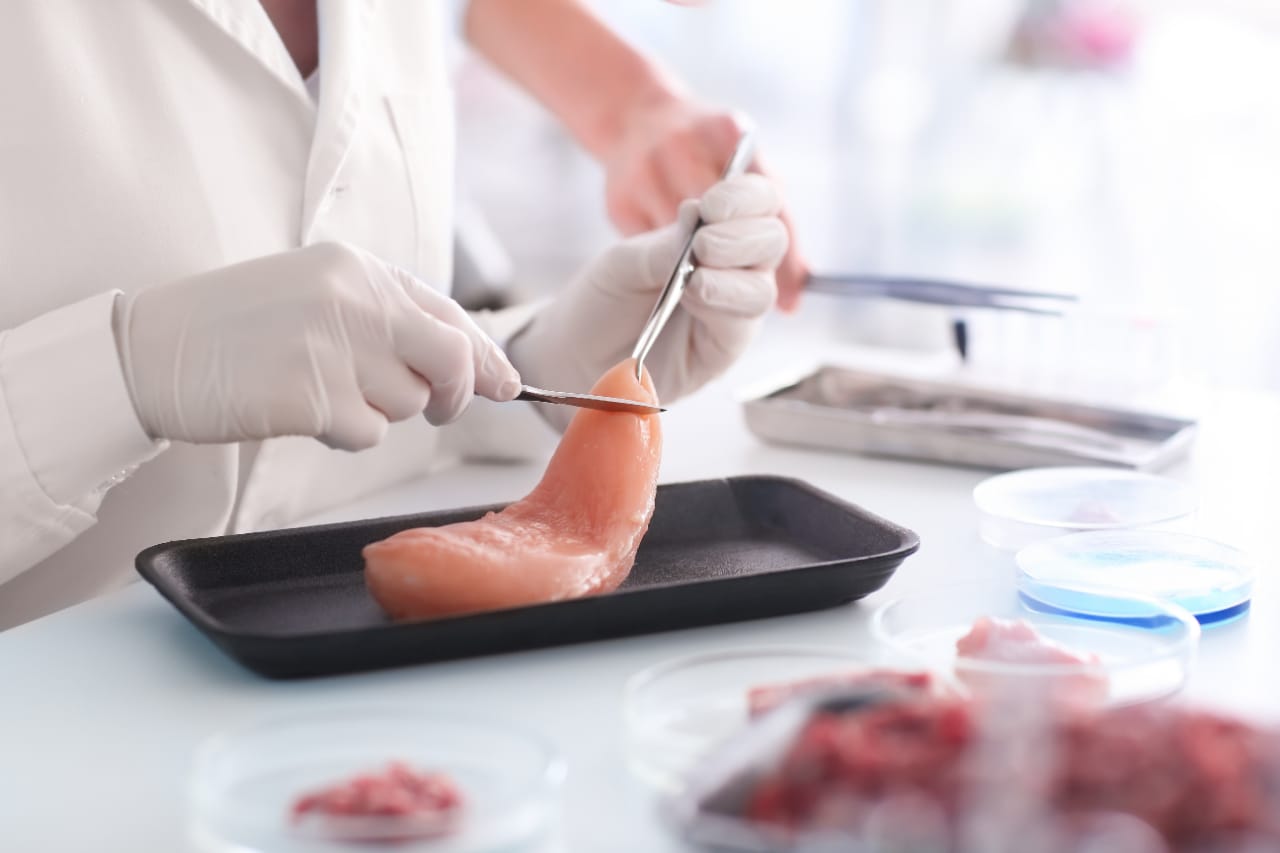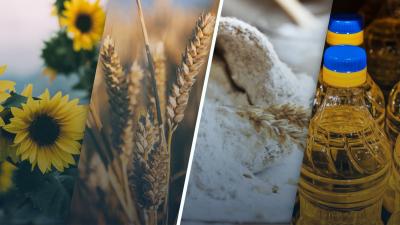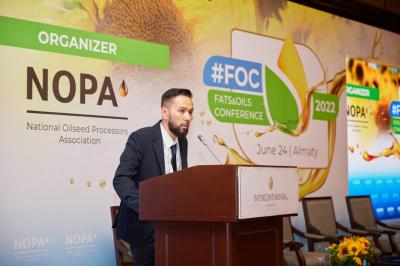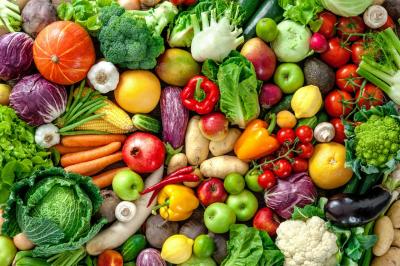
On how to avoid a new pandemic by developing agricultural technology, the Israeli ambassador to Kazakhstan, Liat Wexelman told in her new article published by the World of NAN.
"Upcoming pandemics will occur more frequently, spread much faster, damage the global economy even more and kill more people than under COVID-19 until there is a progressive change in the overall approach to infectious diseases," according to a major new report on biodiversity and pandemics by the Intergovernmental Science-Policy Platform on Biodiversity and Ecosystem Services (IPBES).
This report demonstrates a direct link between the continued destruction of the natural environment by humankind worldwide and the outbreak of the epidemic. The report points out that more than 850,000 viruses are found in mammals and birds that can be transmitted to humans, and it calls for a focus on outbreak prevention and not relying solely on vaccines, drugs and other treatments.
The coronavirus pandemic has brought to our attention the growing link between the destruction of the natural environment and outbreaks of naturally occurring diseases such as SARS, AIDS and Ebola, which are transmitted from animals to humans. Overall, about 72% of emerging diseases come from animals. The coronavirus that has now taken over the entire world came from the "raw" market for wild animals (where animals are sold "for meat" while still alive).
Consequently, to reduce the likelihood of future outbreaks, this report, like other UN and international expert reports, calls for a preventative approach. This approach involves reducing human contact with animals by reducing human interest in exploring places such as forests, savannas and wetlands. These days, this is largely due to humanity's desire to increase agricultural land and livestock production.
What if more food could be produced with less land use? What if we could increase productivity instead of increasing farmland? Use less water to grow more fruits and vegetables? Conversely, to "grow" meat in laboratories rather than in disappearing rainforests?
Is it possible to reduce farmland around the world to allow it to "outgrow" and at the same time not deny humanity the need for food and crops used in industry? Is it possible to maintain food security and even strengthen it by reducing the risk of a pandemic later on?
Based on our experience in Israel, we believe that anything is possible today thanks to a wide range of technologies, many of which are much cheaper and easier to use than those used on the world market. For example, drip irrigation can replace spring-flood irrigation, which is less efficient but very wasteful of natural resources.
Using treated wastewater for agriculture and irrigation can save many water bodies from pollution and pumping. Intensively growing vegetables and fruits in greenhouses can free up huge areas where yields are limited, save money, and greatly reduce pollution by reducing the use of pesticides and chemical fertilizers.
By growing meat in laboratories and producing high-quality, inexpensive and readily available plant proteins, we can improve access to protein for billions of people and reduce the need to destroy natural habitats for the cattle, sheep, birds and fish that humanity consumes in ever-increasing quantities. All this can greatly help in reducing human-wildlife contact, preserving the environment and thus reducing the possibility of the next pandemic outbreak.
It was recently published that Israeli startup SuperMeat, which grows chicken meat in a lab, opened a restaurant in Tel Aviv. In lieu of paying for a meal, guests at The Chicken leave reviews of the produce.
The chicken for The Chicken's dishes is grown in a bioreactor, which is part of the experimental unit. Visitors can see it through clear glass. A sample of chicken tissue is separated into individual cells that multiply in an environment that mimics the bird's physiology.
Israel, a leader in agriculture, water resources, animal protein research and development, reforestation in semi-arid areas, and renewable energy development, has much to offer the world.
Israeli companies and startups are widely regarded as innovators and pioneers in these fields. They can serve as an important link in reducing contact between wildlife and humans, as well as providing significant assistance in preserving the natural ecosystem. We look forward to collaborating and sharing Israel's knowledge and expertise.
We are proud that leading Israeli companies are incorporating advanced technologies into agricultural projects across Kazakhstan, boosting productivity and efficiency through drip irrigation, precision farming, and customized dairy and livestock farming.
The State of Israel, which has been facing extreme climatic conditions for the past 72 years (since its reconstruction), has developed a wide range of technologies that can greatly assist the world in reducing biodiversity loss, restoration and renewal. Israel would be happy to share its experience in these fields with its close partner, the Republic of Kazakhstan, since nature recognizes no human boundaries and the problem of the destruction of biodiversity is a universal human problem that requires full international cooperation.












































Обсуждение